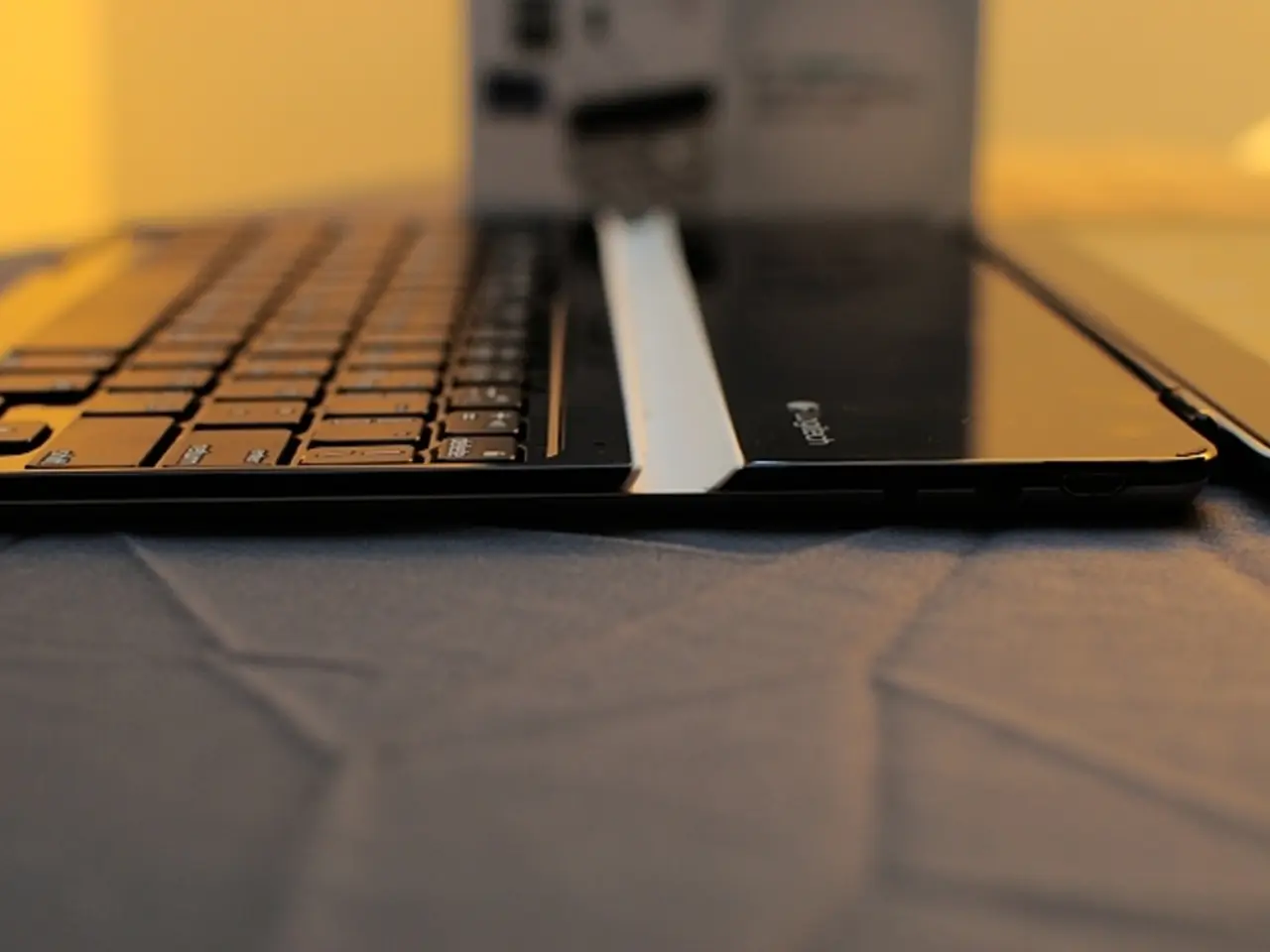Significant Drop Observed in Japanese Market
The Japanese market is lower on Friday, with the Nikkei 225 Index down 0.74 percent to 40,665.44. This comes as several Japanese companies are experiencing mixed fortunes in the stock market.
Honda is adding almost 1 percent, while Toyota is gaining more than 1 percent. On the other hand, Nissan Motor and Tokyo Electric Power are rising more than 3 percent each, and Konami Group is soaring more than 8 percent. However, Sony is edging up 0.1 percent, and Hitachi is tumbling almost 9 percent.
In the tech sector, Tokyo Electron is plummeting more than 18 percent, and Advantest is losing more than 2 percent. In contrast, Panasonic is adding 1.5 percent, and Konica Minolta is rising more than 7 percent.
The sluggish demand from logic chipmakers is indeed impacting tech stocks globally, notably affecting companies in Japan and Europe. This is due to a cautious outlook in some segments of the semiconductor industry, where certain areas like PC shipments have seen modest growth, but consumer demand remains weak.
For instance, Samsung, a major player in the industry, has delayed its $37 billion chip plant in Texas to 2026, citing weak customer demand and market shifts affecting its semiconductor push. This signals subdued logic chip demand in the U.S. and globally, with ripple effects on suppliers and fab investments.
In Japan and Europe, which host key semiconductor firms and chip equipment manufacturers, the impact is felt as demand softness weighs on stock performance. The global chip industry is seeing restructuring moves such as mergers and reshoring efforts to diversify supply chains and mitigate geopolitical risks. However, these strategies require heavy capital expenditures and signal near-term uncertainties.
While AI-driven demand is boosting certain niches in semiconductors, the broader market for logic chips—critical for computing and consumer electronics—is under pressure due to factors like deferred purchases, inventory adjustments, and trade restrictions. This combination is contributing to cautious investor sentiment and subdued stock performance broadly in Japan and Europe’s tech sectors linked to chipmaking.
Meanwhile, in the European markets, the French CAC 40 Index tumbled by 1.1 percent, and the German DAX Index slid by 0.8 percent. The major European markets moved to the downside on the day. Stocks on Wall Street pulled back over the course of the trading day on Thursday and finished the day just off their lows. The Dow slid 330.30 points or 0.7 percent, and the S&P 500 fell 23.51 points or 0.4 percent. The Nasdaq edged down 7.23 points or less than a tenth of a percent.
In the currency market, the U.S. dollar is trading in the higher 150 yen-range on Friday. The U.K.'s FTSE 100 Index edged down by 0.1 percent, and Mizuho Financial is declining almost 2 percent. SoftBank Group is losing more than 2 percent, and Sumitomo Pharma is losing more than 4 percent.
On the positive side, Canon is gaining almost 2 percent, Japan Tobacco is adding almost 5 percent, and Mitsui Fudosan, Fanuc, and Mitsubishi Motors are up almost 3 percent each. Tokyo Gas is gaining more than 5 percent, Mitsubishi Electric is surging almost 5 percent, and Fuji Electric is jumping more than 12 percent. Toyota Tsusho and Otsuka Holdings are up almost 4 percent each, and Sumco and Toto are down more than 3 percent each.
In the energy market, crude oil prices settled lower on Thursday due to concerns of slowing energy demand and the August 1 deadline for trade deals. West Texas Intermediate crude for September delivery was last seen trading, down by $0.71 or 1.01 percent to $69.29 per barrel.
Lasertec is declining almost 6 percent, and Screen Holdings is declining almost 5 percent.
[1] Semiconductor Industry Association (2025). Global Semiconductor Market Report. [Online]. Available: https://www.semiconductors.org/market-research/global-semiconductor-market-report/
[2] Reuters (2025). Global chip industry braces for restructuring as U.S., Europe move to diversify supply chains. [Online]. Available: https://www.reuters.com/business/autos-transportation/global-chip-industry-braces-restructuring-us-europe-move-diversify-supply-chains-2025-03-01/
[3] Samsung (2025). Samsung Delays $37 Billion Chip Plant in Texas to 2026. [Online]. Available: https://www.reuters.com/business/samsung-delays-37-billion-chip-plant-texas-2025-04-01/
[4] Gartner (2025). Worldwide Semiconductor Revenue to Grow 5.7 Percent in 2025. [Online]. Available: https://www.gartner.com/en/newsroom/press-releases/2025-03-17-gartner-worldwide-semiconductor-revenue-to-grow-5-7-percent-in-2025
Technology companies in Japan, such as Tokyo Electron and Konica Minolta, are experiencing mixed fortunes in the stock market, with Tokyo Electron plummeting more than 18 percent and Konica Minolta rising more than 7 percent. Meanwhile, the sluggish demand from logic chipmakers is impacting the tech stocks globally, notably in Japan and Europe.




